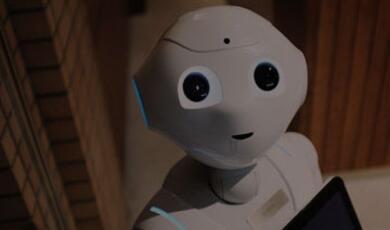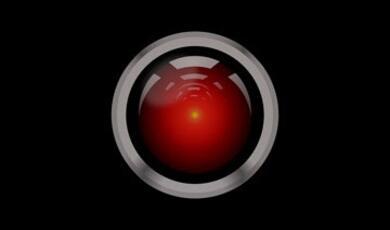Artificial Intelligence (AI) is everywhere, but that was not so until very recently. Yet the subject has nearly 70 years of history behind it under various names: cybernetics, machine intelligence, intelligent or expert systems, and some of what now appears every day in the newspapers actually goes back that far. Fully automatic cars will be on sale within five years and have already racked up millions of miles on our roads, but even in 1969, the Stanford AI lab had a sign at the end of its driveway that read BEWARE ROBOT VEHICLE. That was its Mars Lander project, funded by the US government because they knew that when NASA would go to Mars (in the 21st Century) the exploration vehicles would have to be fully automatic because a radio signal would take minutes to get there and perhaps too late to stop it falling down a crevasse. From that work came the automatic cars which may soon put millions of taxi and lorry drivers out of work, while making life safer and more convenient for old and disabled drivers.
AI then, is certainly here now but its history is complicated, and its advance has not been as rapid as many assume; it is full of dead ends and outsize claims and failed methods. Professor Wilks explores whether learning methods, like the currently remarkable “Deep Learning”, are really a new way of doing AI or more like the old ways reanimated. Do we want AI to be like us or not? Do we want it to do exceptional and practical things we can do (like driving, landing planes, being a companion or sex partner, or translating languages)? Or do we want it mostly to be a way of understanding ourselves and how we do the remarkable things we do? This division of AI as an engineering triumph or a scientific exploration has always been there among the AI practitioners.
What are the ethical problems surrounding AI? Should we worry that a “super intelligent” AI may turn against us and destroy us, as some scientists like Hawking have warned? Another standard worry of our time is of the advance of AI in the form of automation and job destruction—not just of blue-collar, manual jobs, but of many forms of white collar jobs like journalism and medicine. Some see this as the possibility of productive lives of semi-leisure, but others as a recipe for chaos.


 Login
Login



